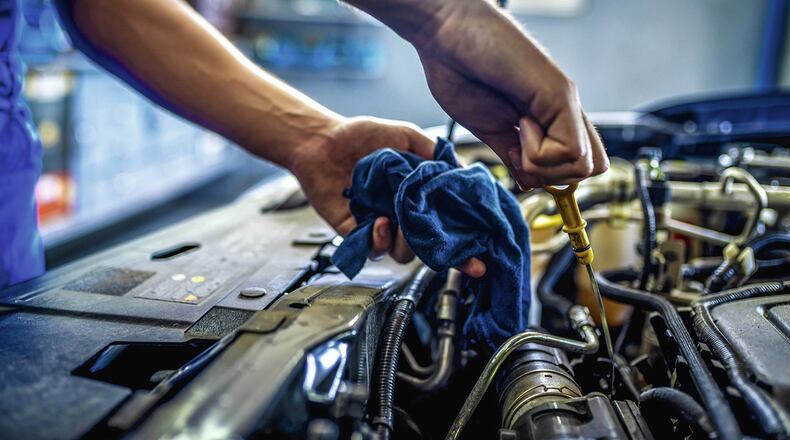When starting your car weekly, let it run for at least five minutes. If the vehicle is started in a garage, make sure the garage door is open and there is plenty of ventilation. In addition, the Car Care Council suggests monitoring the following areas of your vehicle if it sits idle for long periods of time.
Battery – Today’s vehicles have several computers that are always in operation, so if a car sits too long without recharging, the battery could die within a couple of weeks.
Tires – Maintain proper tire pressure to improve vehicle performance and gas mileage. Doing so is also important for vehicle safety. Checking the tire pressure frequently is more important if the car is parked for long periods of time. Vehicles that sit idle too long can develop flat spots, so taking a brief drive every once in a while will help prevent bald spots, and recharge the battery, too.
Fuel – Today’s modern fuel systems help preserve the life of the gas in your tank and also prevent fuel oxidation. Keeping a full tank of gas helps limit gas-tank condensation. If you are still concerned about the gas in your tank going bad, a fuel stabilizer may help extend the life of your fuel.
Oil – If a car sits too long, the oil can deteriorate, so continue to change the oil at the proper time intervals, even if you are not driving your normal mileage. It is always best to check the owner’s manual for the maximum time you should wait between oil changes.
Brakes – If a car sits idle, rust can start to form on the brake rotors, especially if the car is parked outside. Driving your car at least once a week will help prevent rust buildup.
Cleaning – Removing the grime and sediment that builds up on the outside of your car helps prevent rust, and cleaning the interior is important, too. Wipe down the dashboard, steering wheel, cup holders, door handles, vents and console with a quality, all-purpose automotive cleaner that will help disinfect the interior areas of your vehicle.
For more helpful information about maintaining your vehicle for safety, dependability and value, visit www.carcare.org/car-care-guide to order the Car Care Council's free 80-page Car Care Guide.
About the Author
